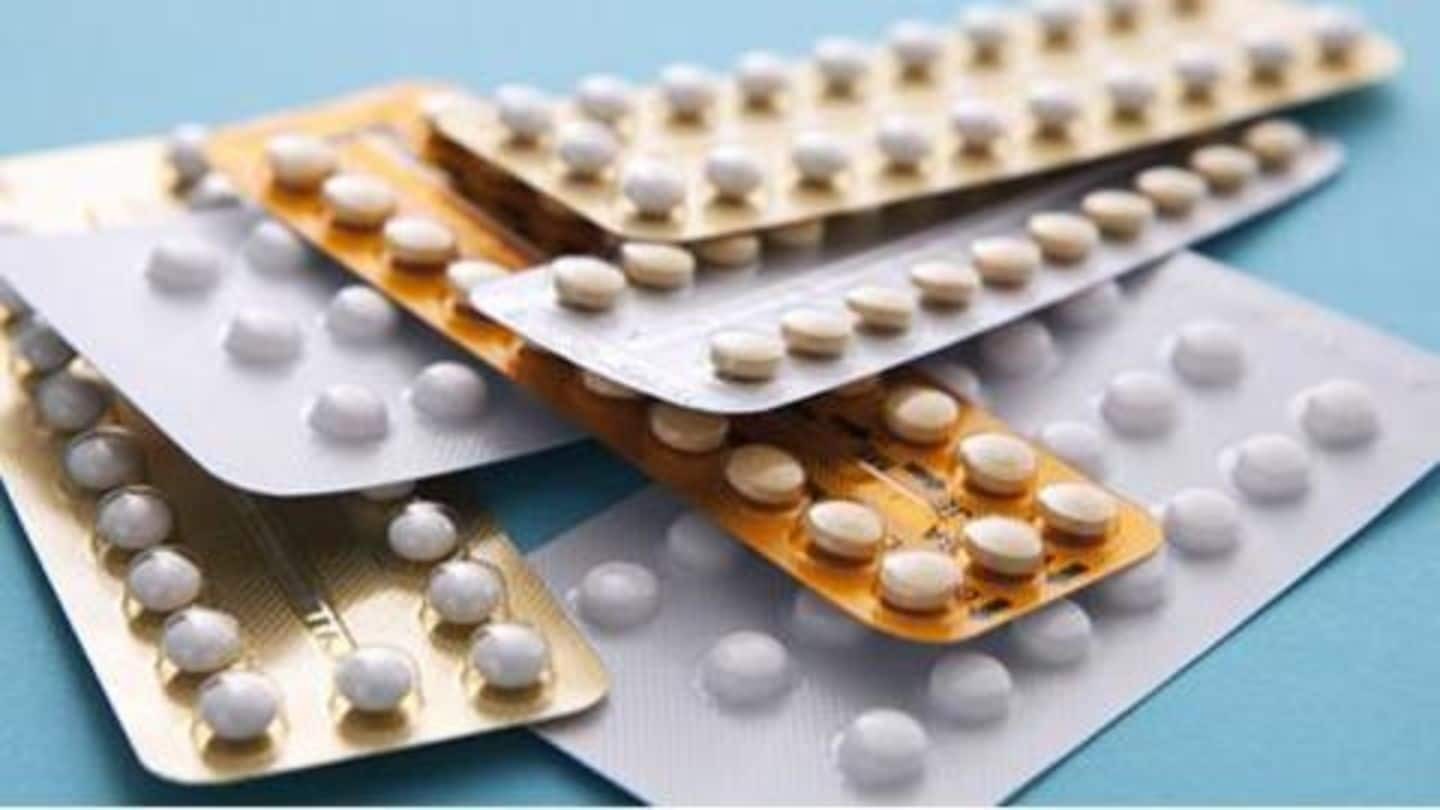
Morning-after pill: Effectiveness, types, functioning, side effects, and more
What's the story
The morning-after pill is an emergency form of contraception that contains hormones, which can help prevent pregnancy by obstructing the process of fertilization. However, its subdued popularity as compared to the (male) condom, coupled with poor sex education has given way to many queries and confusion around the use of this method of birth control. Here's all you need to know about it.
Considerations
Effectiveness rate and types of birth control pills
Effectiveness: The pills are one of the most reliable methods of contraception. It has an impressive effectiveness rate of 95-99%. Types: There are many different kinds of contraceptive pills. Different pills contain different doses of hormones as per the requirements of the user. It is up to your health care provider to decide which is the best pick for you.
Details
What does the pill contain and how does it function?
Hormones used in these pills are actually a synthetic form of the natural hormones- progestin and estrogen. While some pills only contain progestin (progestin-only pills), others contain a combination of progestin and estrogen (the combined pill). These pills help prevent pregnancy by stopping ovulation and thickening the mucus in the cervix, making it difficult for the sperm to travel through, thus preventing conception.
STIs, Menstruation
Does it prevent STIs? Will your periods be affected?
STIs: Birth control pills do not provide any protection from Sexually transmitted infections (STIs). In fact, the only 100% effective way to stay safe from STIs is abstinence (not having any sex). However, condoms can effectively help prevent most STIs. Periods: Yes, the pill will affect your periods, but mostly positively. It is known to make your periods more regular, shorter, and less painful.
Other contraceptives
Should you use other forms of contraception as well?
The short answer is yes. As mentioned above, these pills do not provide any protection from dreadful STIs. Thus, it is important to use a condom every time you indulge in sexual activity to stay safe from these infections. Using a condom will also improve the effectiveness of the pill or it might come handy if you forget to take the pill sometime.
Information
Are there any side effects of the pill?
Of course, the pill does come with a number of negative implications. The most common of these side effects are intermenstrual bleeding (bleeding from the uterus in between periods), nausea, headaches, migraine pains, breast tenderness, mood swings, and even weight gain, in some cases.